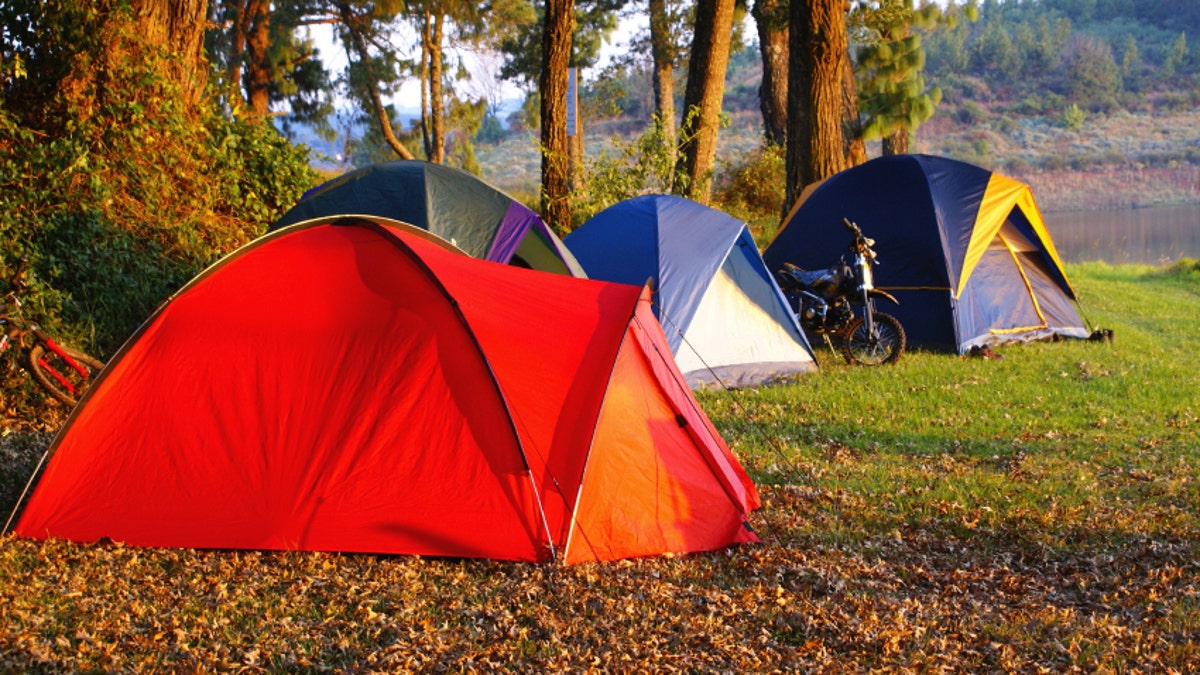
SONY DSC
It’s no surprise that without electricity, we’d all hit the hay a lot earlier – but a new study has found just how much electric lighting affects our sleep wake cycles. The study, published online in the journal Current Biology, also found that all it takes is a week of camping in the great outdoors to synch your body to the rising and setting of the sun.
Research has shown that our bodies are most in synch with the environment when we’re exposed to a lot of natural light during the day and not exposed to artificial light at night. The daylight keeps our circadian rhythm “entrained” to the sun’s rhythms. When the sun sets, it then triggers the release of melatonin, which makes us sleepy. But since we spend most of our days indoors, we’re not getting enough sun exposure to adequately entrain our circadian rhythm. We bask in electric lights and the glow of the TV and our bright devices at night, which delay the release of melatonin.
Researchers at the University of Colorado at Boulder monitored eight adults for one week as they went about their normal lives. The subjects wore wrist monitors to record their light exposure and activity, as well as to show when they were sleeping.
At the end of the week, the researchers measured melatonin levels, which typically rise in the evening and fall in the morning. They then made the same measurements during a second week when the eight people went camping in Colorado. Campers were exposed only to sunlight and the glow of a campfire; no flashlights or personal devices were allowed.
During the camping trip, subjects were exposed to four times the intensity of light than they were in their everyday lives. That caused their “biological nighttime,” to begin near sunset and end near sunrise. They were perfectly in synch with nature, and that was true for both night owls and morning larks.
“What we found is that natural light-dark cycles provide a strong signal that reduces the differences that we see among people—night owls and early birds—dramatically,” said Kenneth Wright, the lead author of the study.
Their melatonin levels showed that their nighttime rhythms started about two hours later during their “normal’ week than it did during their week of camping. People tended to stay up until after midnight in their normal week and to wake up around 8:00 a.m. They actually woke up before their biological night had ended, meaning that they’d feel groggy upon waking, because their melatonin levels hadn’t decreased adequately.
"By increasing our exposure to sunlight and reducing our exposure to electrical lighting at night, we can turn our internal clock and sleep times back and likely make it easier to awaken and be alert in the morning," said Wright.
The researchers were surprised at how quickly the subjects’ body clocks returned to normal.
"What's remarkable is how, when we're exposed to natural sunlight, our clocks perfectly become in synch in less than a week to the solar day," said Wright.
If you do go camping this summer, turn off your lanterns and flashlights at night and just enjoy the flicker of the fire. If camping isn’t in your summer plans, try to expose yourself to more sunlight in the morning by going for a morning walk or run – and get outside for lunch. In the evening, keep lights low at home and reduce the use of screens before bed. You can also turn the brightness setting of computer screens and personal devices to the lowest setting.
